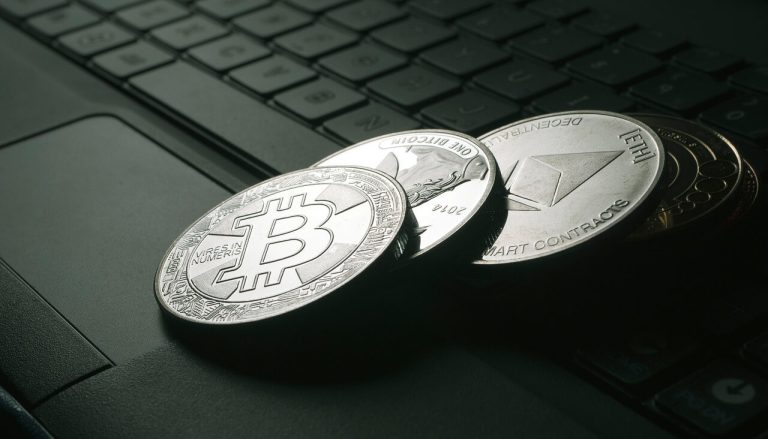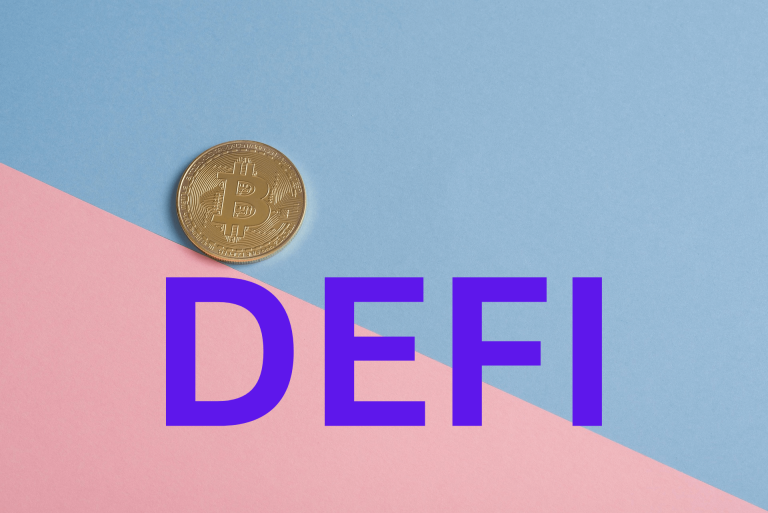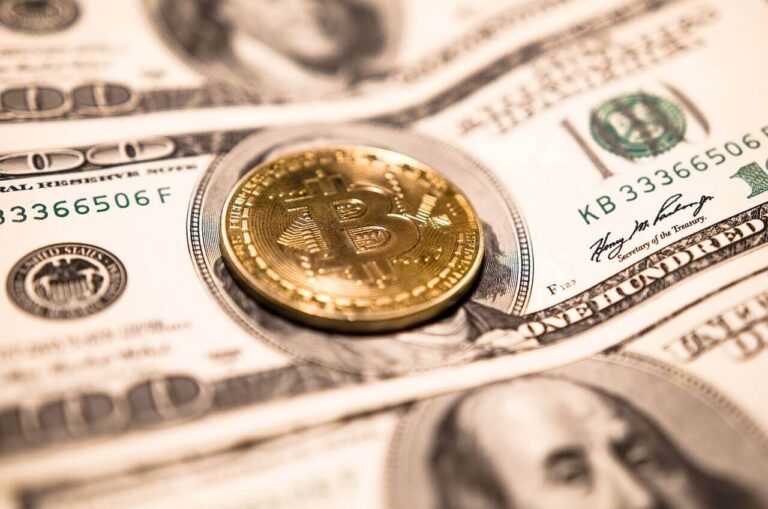Top Security Tips for Trading on Decentralized Exchange (DEX)
Secure your crypto on decentralized exchanges. Learn essential tips for wallet safety, avoiding scams, and reducing trading risks for a seamless DEX experience.
Decentralized exchanges are becoming popular due to their enhanced privacy, improved security, and ability to give users full control over their funds. Unlike centralized exchanges (CEXs), DEXs allow crypto trading directly between users without involving a middleman. This peer-to-peer system strengthens transparency and removes the risk of a single point of failure.
Trading on a DEX usually involves a process called a “swap,” where one cryptocurrency is exchanged for another. Additionally, DEXs often come with lower fees since they don’t rely on third-party services. They are particularly beneficial for regions with limited financial infrastructure, providing an accessible way to trade cryptocurrencies.
What is a Decentralized Exchange?
A Decentralized Crypto Exchange (DEX) is a platform that allows users trade cryptocurrencies directly with each other. It eliminates the need for a central authority or middleman. Instead, trades are handled through smart contracts which are self-executing programs on the blockchain.
This system gives users more control over their funds and reduces reliance on third parties. Some well-known DEXs include Uniswap, SushiSwap, and PancakeSwap. Each offers unique tools for trading and providing liquidity, making them popular choices for crypto enthusiasts.
Why Traders Still Prefer CEXs
Despite their advantages, DEXs face challenges that make centralized exchanges (CEXs) more appealing for many traders. CEXs offer user-friendly platforms, faster transactions, and greater reliability, particularly in avoiding some of the security issues seen in decentralized finance (DeFi) protocols.
Developing a Decentralized Exchange
Developing a DEX requires designing a user-friendly interface, creating smart contracts, and integrating with blockchain networks. These components ensure smooth, secure peer-to-peer trading without depending on a central authority.
While DEXs provide privacy and sovereignty, they also come with security risks, sometimes more significant than those in CEXs. Balancing innovation with safety is crucial as the cryptocurrency space continues to evolve.
READ ALSO: How Zero-Knowledge Proofs Enhance Blockchain Privacy
READ ALSO: What Is DeFi (Decentralized Finance) And How It Works
READ ALSO: How Decentralized Oracles Power the DeFi Ecosystem [The Hidden Truth]
Types of Decentralized Exchanges
Automated Market Makers (AMMs)
AMMs use smart contracts and liquidity pools to facilitate trades. These pools are pre-funded with assets, enabling users to trade without directly matching buyers with sellers. Popular examples include PancakeSwap, Uniswap, and Energiswap.
Order Book DEXs
Order books track all buy and sell orders for specific trading pairs. Sell orders represent the prices sellers are asking for, while buy orders show the prices buyers are willing to pay. The market price is discovered by the difference between these values. Examples include Polkadex and Serum.
DEX Aggregators
These platforms combine liquidity from multiple DEXs to optimize swap fees, reduce slippage for large trades, and offer the best possible prices quickly. A well-known example is 1inch.
Atomic Swaps
Atomic swaps allow peer-to-peer cryptocurrency exchanges across different blockchains without intermediaries. This approach ensures secure and trustless trades. Komodo is a notable example of a platform using atomic swaps.
Benefits of Decentralized Exchanges
Decentralized exchanges (DEXs) offer several advantages that make them stand out in the crypto world:
Censorship Resistance
DEXs are not controlled by any single authority. This independence protects them from shutdowns, government restrictions, or internal decisions that could disrupt trading.
Lower Counterparty Risk
Unlike centralized exchanges, DEXs remove the need for intermediaries. This decreases the chances of losing funds due to negligence or malicious actions by the exchange.
Full Control Over Private Keys
DEXs ensure users retain control of their private keys, upholding the principle of “not your keys, not your coins.” This gives users complete ownership of their assets.
Transparent Operations
All transactions on a DEX are recorded on the blockchain. This transparency allows users to verify activities, fostering trust and accountability in the system.
Essential Security Tips for Trading on Decentralized Exchanges
Secure Your Wallet
Keep your crypto wallet safe since DEXs don’t manage your funds. Use hardware wallets for secure storage, enable multi-factor authentication, and never share your private keys. Losing your private keys means losing access to your assets.
Verify Contract Addresses
Scammers create fake tokens to trick traders. Always check token contract addresses on trusted platforms like CoinGecko or CoinMarketCap before making trades.
Double-Check URLs
Ensure you’re connecting your wallet to the correct DEX website. Fake sites can steal your funds. Bookmark the official site to avoid phishing attacks.
Be Cautious with Wallet Signatures
Don’t blindly sign wallet prompts. Hackers often exploit this to drain funds. Read every transaction request carefully.
Understand Liquidity Pools and Slippage
Before trading, check the liquidity of your token pair. Low liquidity increases slippage, leading to unexpected price changes. Popular pairs like ETH/USDC usually have better liquidity.
Monitor Gas Fees
Gas fees can spike on networks like Ethereum. To save costs, consider using Layer 2 networks such as Polygon or Binance Smart Chain. Trade during periods of low network congestion for reduced fees.
Avoid Frequent Bridge Use
Using blockchain bridges for arbitrage trading can be risky. Many bridges have been exploited, leading to significant losses. Use bridges sparingly and only if necessary.
Stick to Simple DEXs
For beginners, automated market makers (AMMs) like Uniswap are easier and safer to use than complex order-book-based DEXs or atomic swaps.
Test Small Trades
Before making large transactions, test the process with a small trade. This ensures the DEX works as expected and minimizes risks.
Protect Your Seed Phrase
Store your wallet’s seed phrase offline, preferably on paper, and keep it in a secure place. Avoid saving it digitally to prevent hacking risks.
Enhancing DEX Security
Smart Contract Audits
DEXs should regularly audit their smart contracts to find and fix vulnerabilities. Reputable firms like CertiK or Quantstamp specialize in such audits.
Bug Bounty Programs
Offering rewards for identifying security flaws encourages the crypto community to help strengthen the DEX’s systems.
Transparency
DEXs should communicate updates, vulnerabilities, and improvements openly to build trust and keep users informed.
Secure Liquidity Pools
Protecting liquidity pools through insurance mechanisms and improved algorithms can safeguard traders’ funds.
Combat Front-Running
DEXs are prone to front-running attacks, where transactions are manipulated. Implementing time delays or encryption can help address this issue.
Frequently Asked Questions
Is Binance a Decentralized Exchange?
Binance is mostly a centralized exchange and one of the largest in the crypto space. It offers many trading services. However, Binance also runs a decentralized exchange called Binance DEX, designed for users who prefer decentralized trading.
Is Coinbase a Decentralized Exchange?
Coinbase is a centralized exchange. It is traded publicly on the stock market and operates under strict regulations from organizations like the SEC and FINRA in the U.S.
How to Buy Crypto on Decentralized Exchange
Buying crypto on a DEX involves a few steps:
- Set Up a Wallet: Create a crypto wallet that works with the DEX you want to use.
- Fund Your Wallet: Add cryptocurrency to your wallet to cover trading and network fees.
- Connect to the DEX: Use your wallet to link directly to the decentralized exchange.
- Trade: Select the token pair you want and start trading.
Conclusion:
Trading on decentralized exchanges offers privacy, control, and transparency, but it also demands vigilance. Prioritizing wallet security, verifying contract addresses, and using trusted platforms can protect your assets.
Staying informed about fees, liquidity, and potential risks, allow traders to enjoy a safer and more efficient experience on DEXs. If you’re a seasoned trader or new to decentralized platforms, security should always be a top priority.







